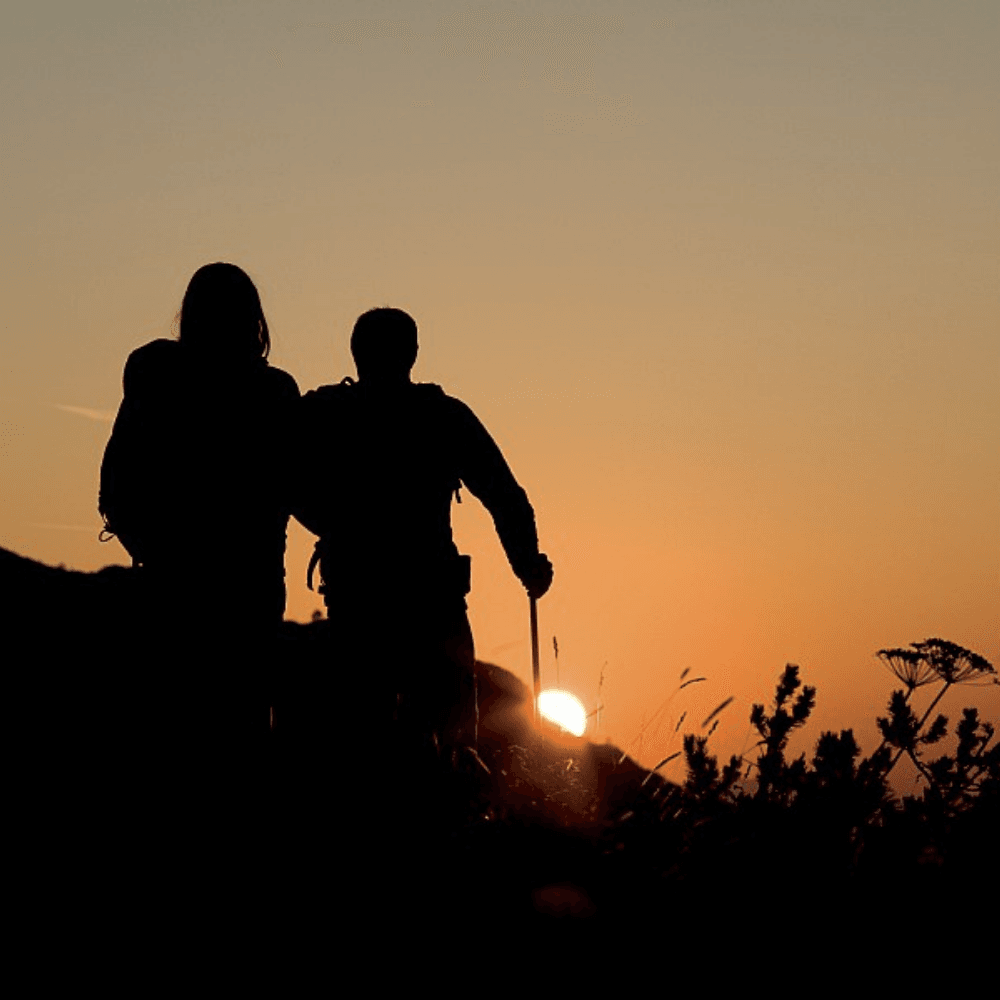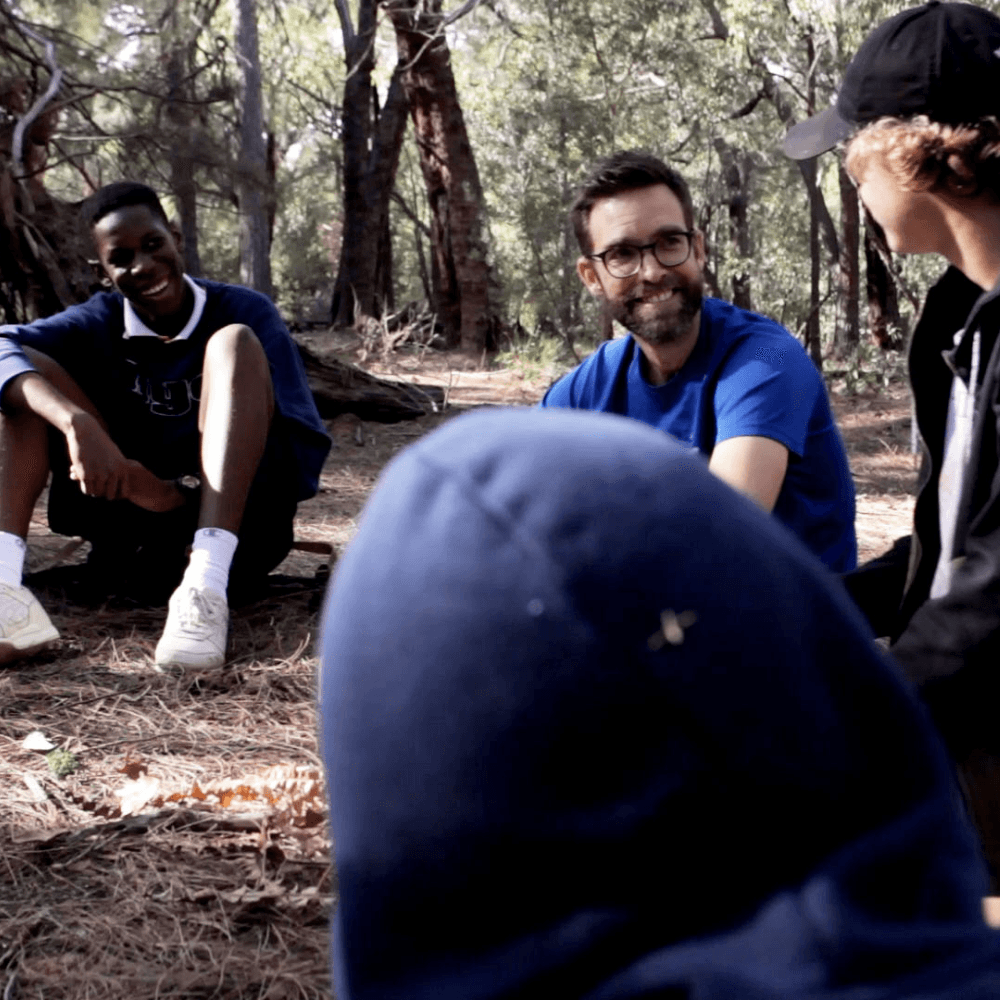As educators and parents, our role in young people’s lives is incredibly powerful and the way we enrich their learning directly impacts the person they become and the way they see their place in the world. We strongly believe in building resilient, mindful, compassionate and respectful young people who are connected to themselves, nature and community.
Learning in the outdoors is extremely beneficial to building those three core connections that help young people become connected in a world full of ongoing distractions and a constant presence of technology.
Let’s go over the many ways that learning in the outdoors helps with connection.
Connection to Self
Connection to self means having the ability to tune into our thoughts, feelings, and actions.
Learning how to be connected and have self-awareness as a young person is extremely vital, as this builds strong self-esteem that is carried through to adulthood. It supports the ability to be comfortable about who you are and what is important to you – rather than having to be someone else in order to fit in.
Feeling like you belong exactly as you are and fitting in with the crowd are two very different things. You are more comfortable standing up for what you believe in and using your voice or taking action when you see things that go against your beliefs.
According to Nature Play SA, 87% of Australian children spend a considerably longer time playing indoors than they do playing outdoors. In addition to this, children also spend an average of 4.5 hours a day on a screen. Our experience of talking to young people would suggest that it is much more than this, approx. 8 hours on average – especially during keys transitional years.
These statistics show why it has become so important to encourage young people to switch off from technology and the normal distractions of daily life to watch, see and learn from what is around them instead.
The outdoors has plenty of unpredictable and unique sights and sounds to offer in this respect!





